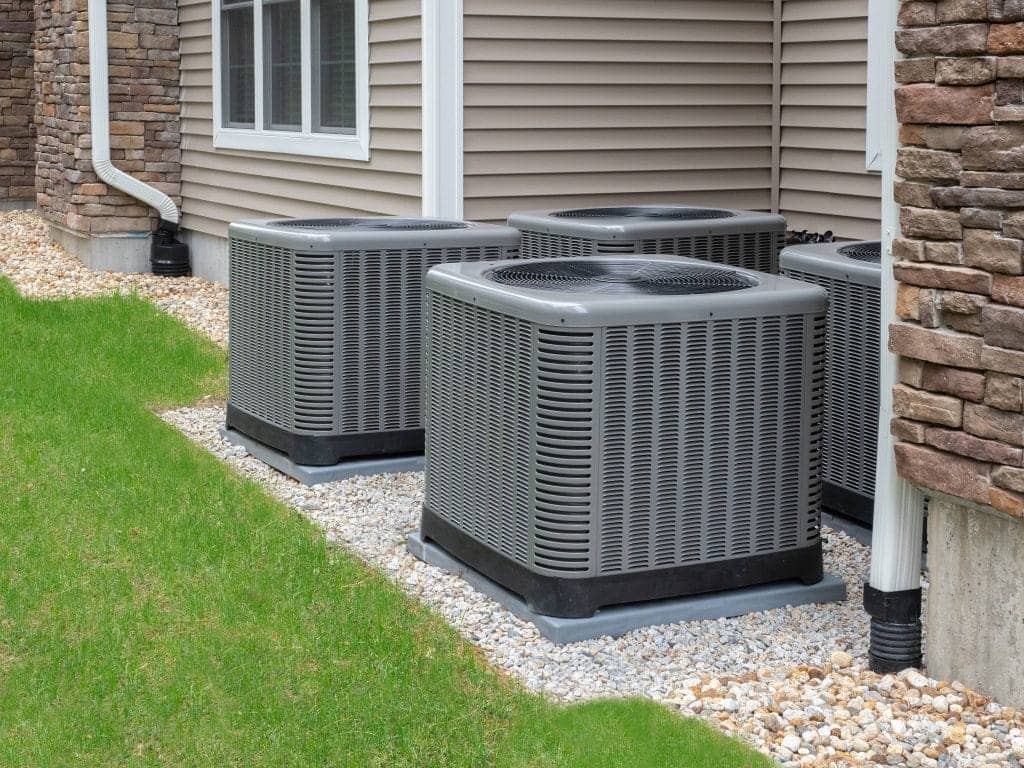As a home buyer or seller, you may have heard of home warranties. A home warranty plan is a service contract that covers the repair or replacement of many of the most important systems and appliances in your house, such as the HVAC, plumbing, and electrical systems, and more.
While a home warranty can be a great way to protect your home and budget for unexpected repairs, it’s important to understand the details of these contracts before you purchase one. In this article, we’ll discuss some of the most important considerations to keep in mind when shopping for a home warranty plan.
What Does It Cover?
One of the most important things to consider when selecting a home warranty plan is what type of coverage is offered. Most home warranty companies offer basic coverage that includes systems and appliances such as air conditioning, heating, plumbing, and electrical systems.
Some companies also offer extended coverage that may include additional items, like swimming pools, septic tanks, and more. Be sure to read the fine print of any home warranty plan before making a purchase to ensure that you are getting the coverage you need.
How Does It Work?
Another important consideration is how the home warranty plan works. Most plans require that you pay a monthly or annual premium, and then you will be reimbursed for covered repairs or replacements up to a certain dollar amount.
It is important to note that many home warranty companies have a service fee that must be paid each time you use the plan, so be sure to factor this into your budget when considering a home warranty.
Do You Need One?
You might be on the fence about whether you need to purchase a home warranty plan. After all, your home is most likely already covered by homeowner’s insurance, so why would you need another type of coverage?
There are a few things to consider that might help you make your decision. First, homeowner’s insurance typically covers damage caused by events that are out of your control, like fires, storms, and theft. Home warranty plans, on the other hand, cover repairs and replacements for items in your residence that break down due to normal wear and tear.
So if your air conditioner breaks down in the middle of summer or your dishwasher starts leaking water all over your kitchen floor, a home warranty plan would cover the cost of repairing or replacing those items.
Another thing to consider is that most home warranty plans have a team of pre-screened and approved contractors that they work with. So, if you need to file a claim, the home warranty company will send one of their contractors to your home to fix the problem.
This can be a big help if you’re not familiar with local contractors or don’t have the time to research and find a reputable one yourself.
Finally, home warranty plans typically cost between $300 and $600 per year. While this might seem like a lot, it’s important to remember that the average repair bill for things like air conditioners and dishwashers is much higher.
So if you’re still not sure if a home warranty plan is right for you, consider these factors and weigh them against the cost of the plan. You will likely find that it’s worth it in the long run.
Comparable Costs of Having One vs Not
In order to make the best decision for your home, it is important to consider the cost of a home warranty plan in comparison to the costs of not having one. Without a warranty plan, you would be responsible for all of the repairs and replacements that your home needs. This can get expensive, especially if you have an older home.
Now consider if you invested in a home warranty plan and had a significant repair bill. The initial cost of your home warranty plan might seem like a lot at first.
But when you compare it to the cost of repairing or replacing major home appliances and systems, it is actually quite reasonable. Plus, most home warranty companies offer discounts if you purchase multiple years upfront.
Another cost consideration is that many home warranty companies will cover the entire repair or replacement costs, while others may cover only a portion. Be sure to read the fine print of your plan so that you know what to expect.
In the end, the best way to decide if a home warranty plan is right for you is to consider the cost of having one versus not having one. If you think that the benefits of having a plan outweigh the costs, then a home warranty may be the right choice for you.
If you are still undecided, you should speak with a professional about your options. They can help you weigh the pros and cons and make the best decision for your needs. Also Read – The Untold Tips for Saving Money On Heating Bills
What Are the Exclusions?
As with any type of insurance policy, there are some exclusions that apply to home warranty plans. These exclusions can vary depending on the company, but some common exclusions include pre-existing conditions, cosmetic damage, and unusual wear and tear.
A pre-existing condition is defined as any issue with your home that existed before your coverage began, while cosmetic damage is any damage that doesn’t affect the function of your home but rather its appearance.
And unusual wear and tear can be attributed to faulty installation or maintenance or intentional damage that affects the performance or operation of an appliance, for example.
Regardless of which plan you choose, you’ll want to make sure that you understand the exclusions before you purchase a policy. That way, you can be sure that you’re getting the coverage you need.
In Closing
These are just some of the many important considerations to keep in mind when selecting a home warranty plan. By taking the time to research your options and understand what is covered, you can help ensure that you are getting the best possible value for your money.
Don’t wait until something goes wrong to learn about the limitations of your home warranty plan. Be sure to read the fine print and ask plenty of questions so that you know exactly what you’re getting into before signing on the dotted line.












